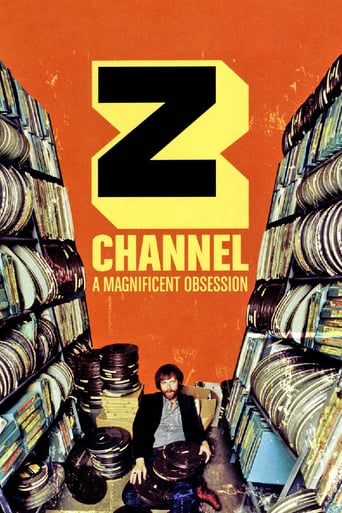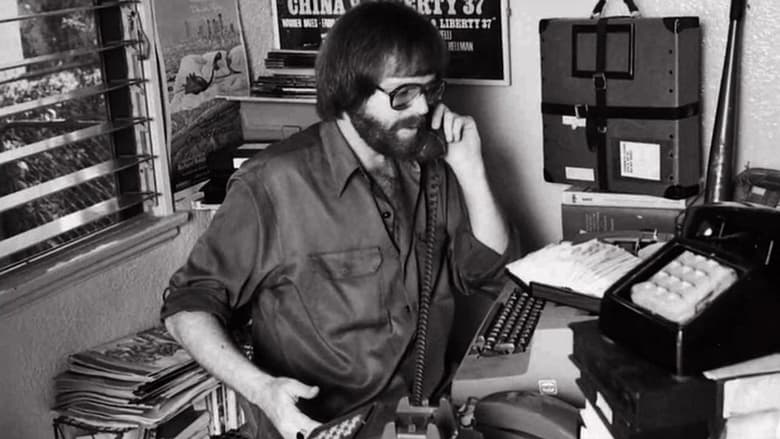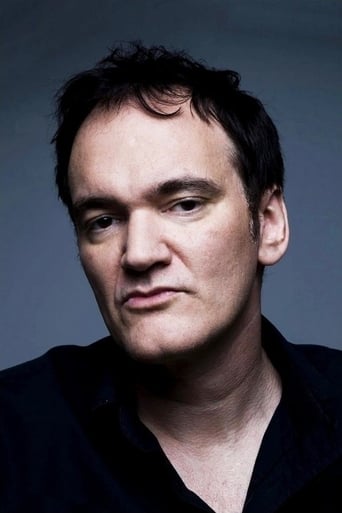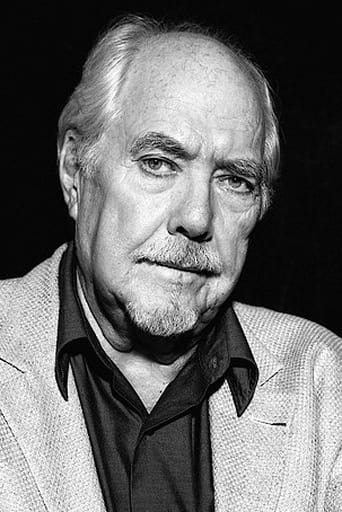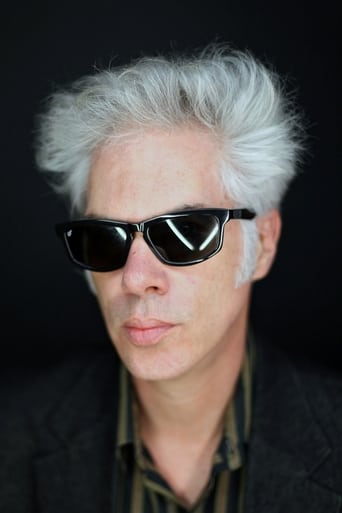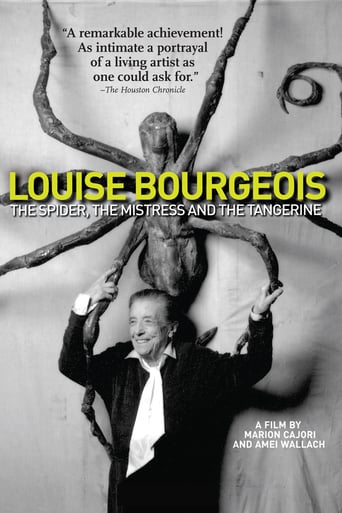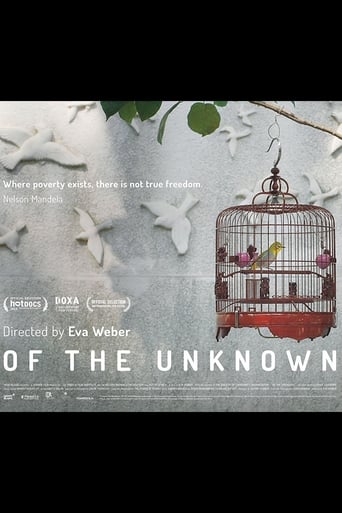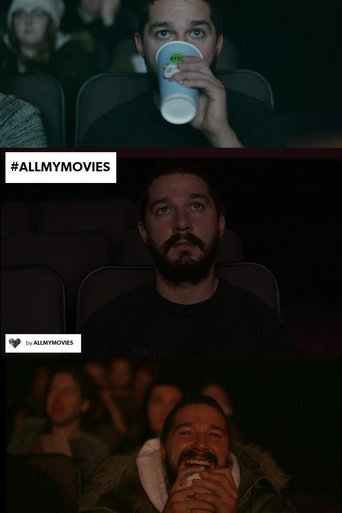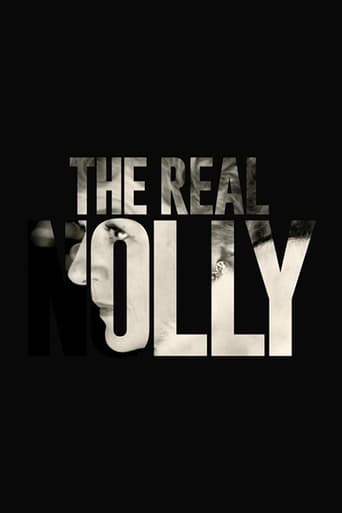Z Channel: A Magnificent Obsession (2004)
A documentary on the Z Channel, one of the first pay cable stations in the US, and its programming chief, Jerry Harvey. Debuting in 1974, the LA-based channel's eclectic slate of movies became a prime example of the untapped power of cable television.
Watch Trailer
Cast


Similar titles
Reviews
Truly Dreadful Film
Pretty Good
If the ambition is to provide two hours of instantly forgettable, popcorn-munching escapism, it succeeds.
Fun premise, good actors, bad writing. This film seemed to have potential at the beginning but it quickly devolves into a trite action film. Ultimately it's very boring.
It's a bit disconcerting when you personally know the subject of a documentary. It's even stranger when that subject was a murder victim."Z Channel: A Magnificent Obsession" chronicles the ups and (many) downs of a deceased Los Angeles film buff named Jerry Harvey. If you think you're obsessed with movies, you have nothing on Harvey. In the movie, Harvey's ex-wife tells how he once literally spoke of nothing but Stanley Kubrick's movie "Dr. Strangelove" for 24 hours.Harvey began as a programmer for a movie theater but made L.A. history when he joined The Z Channel, an independent cable-TV channel that began broadcasting in 1974. In the prehistoric days of cable before HBO, Z gained its reputation and cache by showing uncut movies of all kinds, 24 hours a day.After Harvey wrote several letters of complaint to Z about their informational errors and lack of range, Z decided to hire him as a full-time programmer. Harvey went to town on movies, showing everything from obscure European art films to "Star Wars." In the movie, several major filmmakers and stars, including Robert Altman and James Woods, rave about how their more obscure movies received a second life via broadcast on Z. (Although Woody Allen's long-time producer Charles Joffe is interviewed, strangely unmentioned is how it's believed that Z's frequent broadcasts of "Annie Hall" helped to win the unsung comedy several Oscars, including Best Picture.) Along with Harvey's successes, the movie chronicles his checkered family history and his life-long battle with depression. When cable channels such as HBO muscled in on Z's territory, Z's owners looked more to the bottom line and decided to run sports events along with movies. The movie's final half-hour covers the sad decline of both Z and Harvey, whose depression finally moved him to shoot and kill his second wife and then himself.The documentary is well-done and extremely engrossing. Yet it almost serves as a cautionary tale, a "Taxi Driver" for movie buffs, showing how a singular obsession–-even with something as artistically worthwhile as film–-can have negative consequences.(My personal connection with the story: Harvey's murdered wife, Deri Rudulph, was my employer for the brief time that I lived in L.A. She was one of the most generous, wonderful people I've ever met. Ten days after I returned to Jacksonville, I received the sad news about her murder. I was asked to be interviewed for this movie but could not make it to L.A. in time.)
This is a documentary for people who like documentaries done from an insider point of view. It is a documentary for people who love movies. It is a documentary for people who love Los Angeles. When you sit down to watch it, you might wonder whether the biography of the program director for an early "pay TV" station would be sufficiently interesting to span two hours. You won't be wondering when it's over. From any point of view, the subject matter is extraordinarily difficult. No one under 40 (and no one from anywhere but L.A.) will remember what Z-Channel was. The life of the story's hero came to an end in a murder-suicide. It is notoriously difficult to put across in a movie ideas about taste and aesthetics. In fact it is quite easy to become annoyed at listening to other people talk about the cinema and what it means to them. But in this documentary Alexandra Cassevetes has succeeded admirably on all counts and delivers one heck of an emotional wallop besides.
I just caught this on DVD and I have to say it is amazing. Z channel was before my time, and even if it wasn't, I live on the East coast, so I would have missed it anyway. I had a vague idea of what z channel was before I saw this film. Though the movie itself says little can be found of Z channel on the internet, there is a small write-up of it in the great, and now out of print book Retro Hell. Z channel was a movie channel, one of the first, pre-dating HBO and Showtime. It was unique because there was no market research, and it introduced the public to unique, weird and overlooked classics. When asked how he choose the films to put on the channel, Harvey said, "I just put shows I like." You could do things like that then. Now, you couldn't. Everything has to be meticulously researched to appeal to the common denominator. In this movie, there's a lot of talk about the uncommon denominator and that's what Z was about. Not dumbing down for the masses, but making the masses think harder about what they're watching. "If you appeal to the most intelligent, the rest will follow." That was Z channel's motto and it worked very well. Nobody ever canceled this channel! There's your proof.The other part of the documentary is what it did for actors and directors. James Woods received an Oscar nod because of Z. Orson Welles got to see Touch of Evil lovingly recut the night before he died. Sam Peckinpah got to see his movies loved again when Hollywood had written him off. And on and on.And then there is the third part. Jerry Harvey's personal life. He was a disturbed man, who had a difficult childhood and family life. Depression was in his genes; both his sisters also took their own lives. One person in this doc says with that kind of history its amazing Harvey held out till 39. Surely his love of movies helped him live that long. But it's hard to be objective about Harvey. He's a murderer (though we sense he regretted his actions). How can you make a murderer into a hero? You can't. But this movie does say you can recognize what good he did bring into the world and that was to create a highly influential form of media, that would influence the Hollywood of its day and future directors. Would there have been a Payne or Tarantino without Z? Who knows? Luckily, we don't have to wonder.
Very important tribute to a vital part of movie history. Very well researched. Narration is excellent. Would have liked to see more explanation of the maverick side of the operation, how important it was to all film makers. But overall, very well done. Recommmend to anyone interested in independent films and film in general. Makes me wish I was a subscriber. Also points out, how commercialism eventually ruins all. This is my first review. Why in the heck is there a minimum number of lines? Do we all have to be long winded and pedantic in this world? I was done in two lines, but am forced to write 10. Well, I am almost at 10, so I hope you watch this enjoyable documentary.

